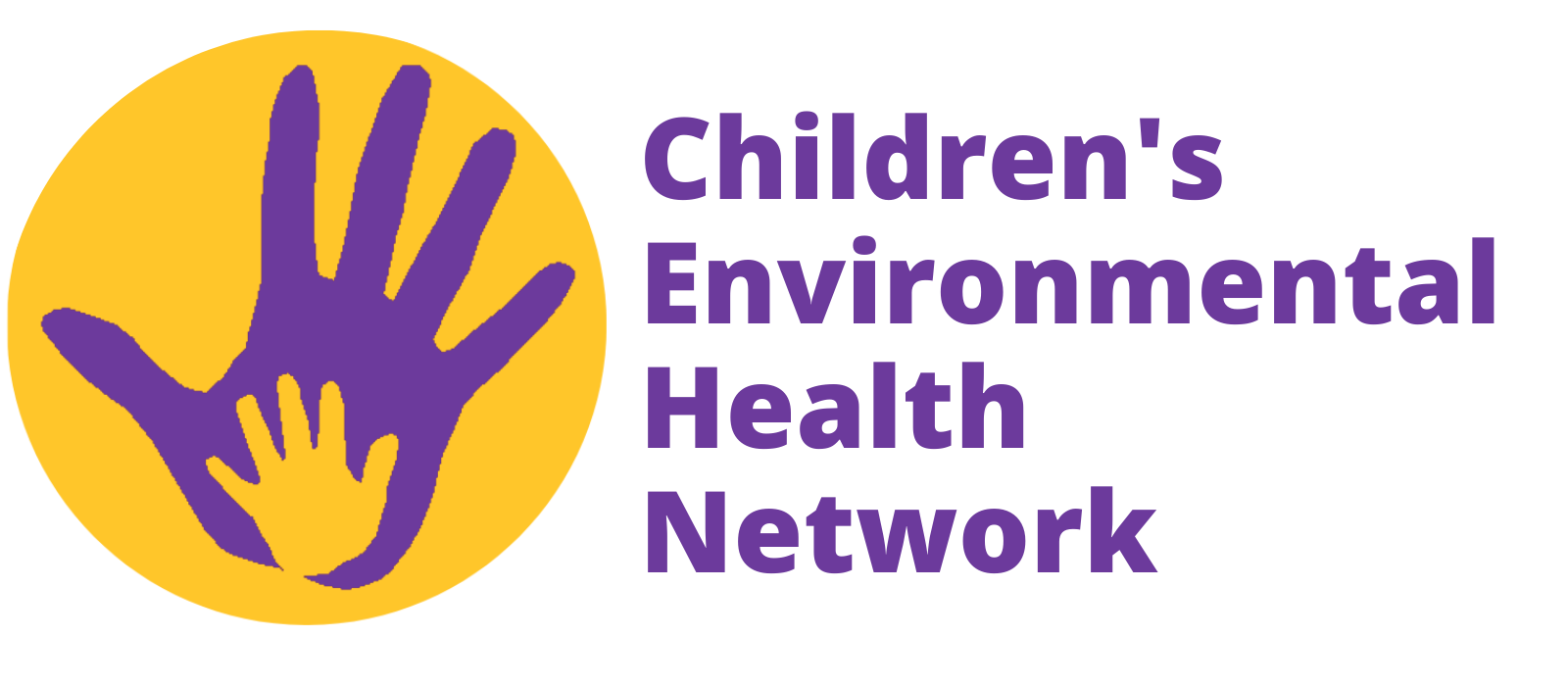
Their Future's So Bright, But They Can't Just Wear Shades
By Jessica Mauricio Price, Program Manager, Eco-Healthy Child Care®
April 2024
A total solar eclipse is exciting for everyone, especially for our little scientists. It is truly a spectacular event. It is essential that we share this experience with children safely.
Looking at the sun for any amount of time can permanently damage your retinas. As parents and providers, it is crucial for you to make sure your children observe the eclipse safely. For smaller children pinhole or optical projection may be the safest option. You know your children best. If you think they can resist looking directly at the sun, it may be safe for them to use eclipse glasses. Regardless of how you decide to share this special moment with your little scientist, keep these safety tips in mind.
- NEVER look at a partially eclipsed sun. If you are not in the direct path of totality, be prepared to leave your eclipse glasses on the entire time.
- Do not look at the sun through an unfiltered device. Cameras, telescopes, binoculars, and other devices can make the solar rays more intense when directed at the sun. This will damage both your eclipse glasses and your eyes.
- Do not use regular sunglasses to look at the sun. Even the darkest sunglasses stacked on top of one another will not be strong enough to protect your eyes. Solar viewers are thousands of times darker than traditional sunglasses.
- Make sure that you are not using counterfeit safe solar viewers. Please make sure that you purchase your solar viewers from a trusted manufacturer.
- Before looking at the sun, inspect your solar viewers to see if there are any holes or scratches on the lenses. If they are damaged, they are not safe to use. Always follow the directions on the eclipse glasses, and make sure the children within your care do as well.
- During totality, it can be safe to take off your eclipse sunglasses, but proceed with caution. Once any sunlight appears, put your eclipse glasses back on.
- Remember, your retinas will not immediately hurt if you look directly at the sun. However, the damage can be extensive and felt at a later time.
For our younger scientists, an inexpensive and effective way to enjoy the eclipse can be found in your kitchen. If you hold up a colander, your children can watch the shadow of our lunar neighbor traveling across the path of our sun.
However you decide to share this moment with your little scientist, make sure to enjoy the moment. There won’t be another total solar eclipse in the United States until 2044!


